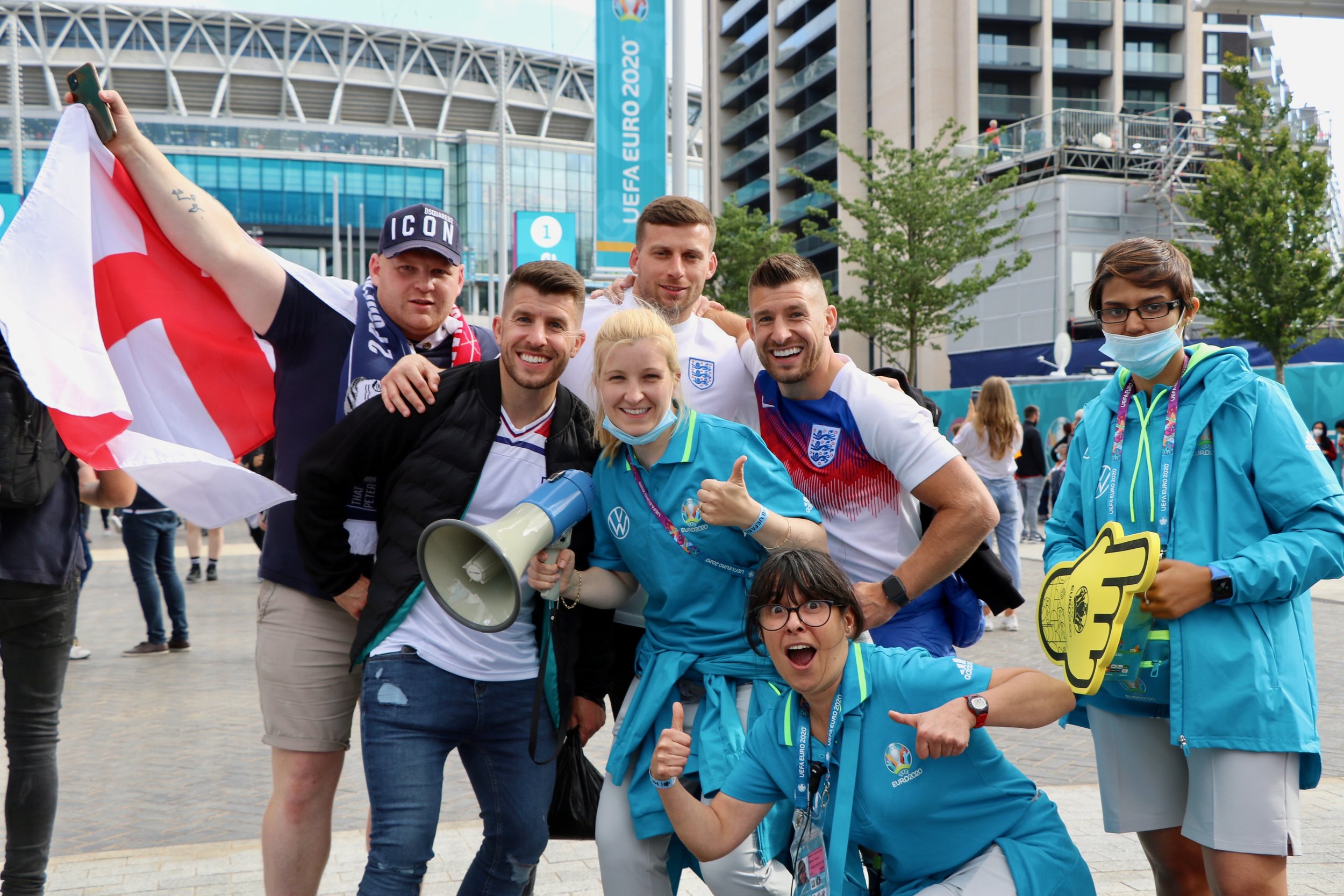Five Key Insights to Creating a Culture of Guest Service
Employee training is the default approach to ensure that your team has the tools to become successful. However, MoonShot believes that training alone does not build a winning culture if it only addresses the basics of staff members’ duties.
In this blog, MoonShot’s Matt Lynch, talks about why venues and customer service environments must have a strategic focus on the staff who manage the guest experience and what key beliefs MoonShot stands by in order to create a positive guest service culture for our partners.
Matt Lynch, Managing Director, MoonShot
“I moved to the United Kingdom in 2014 from the USA to take on a new role of Head of Guest Services at a large venue. My task was to roll out a strategy as well as a set of operational standards around their customer service delivery. I was energised, optimistic and full of ideas. I learned rather quickly that this was not your ordinary “culture change” project. The venue was owned by a larger organisation with a different focus. I once sat in a leadership team meeting where the strategic objectives of the larger organisation were rolled out and the venue itself was not even mentioned!
It took some time to really understand what was going on. I had cultural, structural, and operational norms being thrown at me daily that were not very customer centric or experience focused. Every guest-facing front-line staff member in the building on event day was either a security steward or food and beverage staff member. All of the security stewards were provided by twelve, yes, twelve, third-party stewarding companies. Training seemed inconsistent and during my time there seemed to consist of a two-hour orientation, in which customer service or fan experience was never mentioned. It was difficult to know if all staff were going through any training at all and I’d soon find out that the stewarding operation was a revolving door of both stewards and the companies that provided them.
During one of my first events at the venue, my leader asked me to come as a fan and to provide a “fan’s point of view” on the experience. It wasn’t good. From arrival, I felt like a herded animal and not once did anyone say to me “Welcome.” It was a cold experience and most staff served in stagnant positions where if asked simple questions like “Where is turnstile 2?”, they would shy away or say, “I don’t know.” I counted 376 ceiling lights out that day. It was clear that the staff had no connection to their workplace and did not have any training to support a world class experience at one of the most iconic venues in the world. It was also clear we had big operational and facility issues.”
You must have direct control of your front-line staff if you are to provide an exceptional fan experience.
This means that you select your staff, staff that have the right skills and behaviours to work in a customer service environment. They should be caring and empathetic and have the ability to build relationships with people quickly. They should have great awareness of their environment, be problem solvers and have a high work ethic. Next up is onboarding. This is where you set expectations on how we deliver exceptional moments for our guests. What happens when a guest is unhappy? Standards and role model behaviours should be set as well as a recognition and service recovery program to empower your team to drive this day in and day out.
Your front-line staff must have an emotional connection to you, your brand, place, and experience.
Why should they care? This is where purpose versus function comes into play. You must give them a purpose, not just a functional job. For instance, a steward shouldn’t just be told “You are here to ensure that you know how to evacuate the stadium.” Yes, that’s part of their functional role but what’s their purpose? Their purpose is to create memories and support guests on their journey to creating those memories. So, they should be looking to see if someone is staring at their ticket as that means they don’t know where they are going or offer to support a dad who is carrying 4 hot dogs and 3 sodas. During onboarding, you start with purpose, not function to ensure your new front line team member knows what’s important.
Your front-line staff must feel valued, appreciated, and empowered.
This isn’t about how much you pay them. This is about how you make them feel. You are asking them to take care of your guest but how do you take care of them? When they arrive, do they get a warm welcome or are just told what to do and where to go. You also must give them the tools and resources to solve a guest problem WITHOUT your approval. This is critical to delivering a high level, guest focused operation, no matter what the environment.
Make them aware of the good and the bad and show them that it really matters.
Ask your guests to tell you when things go right and when things go wrong. Use that information to show your front line that it does matter what they do, how they respond and why your operational standards matter. Use the good to recognize staff and use the bad to show how you could have done better.
Your front-line must be held accountable for the fan experience and leaders MUST walk the walk.
I remember a leader walking around picking up trash in almost every shift I had. I also once remember a leader stopping a staff member when they walked by a piece of trash and didn’t pick it up. They were respectful but held the staff member accountable. You must set operational norms and hold staff accountable to those norms. Your leaders also have to live and die by them.









